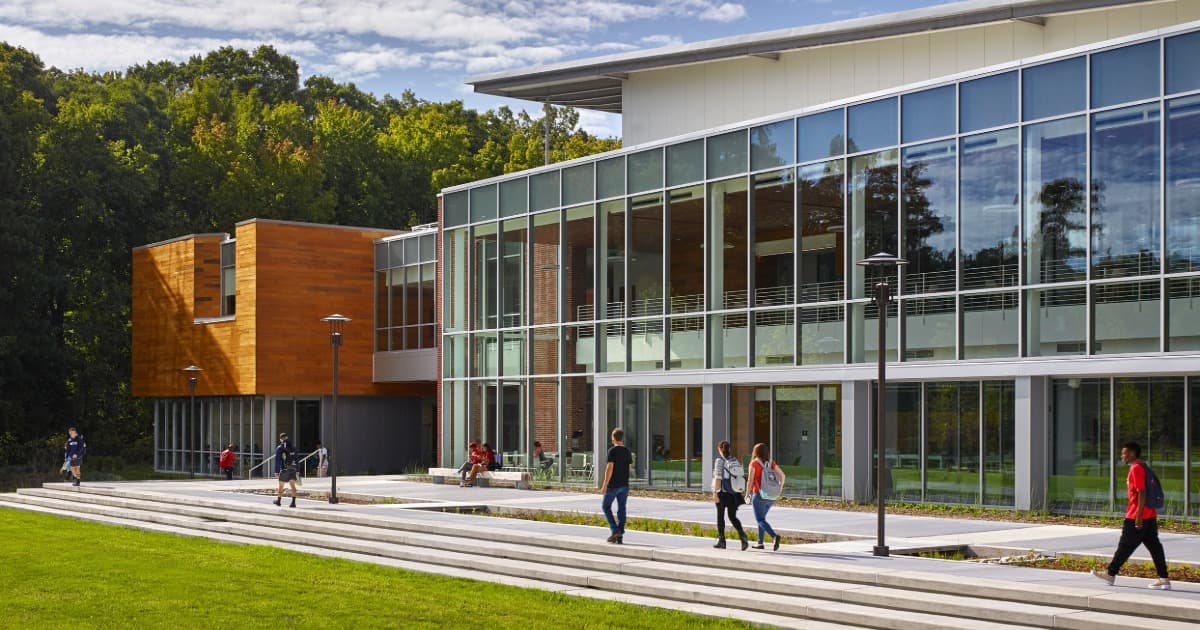Food Services
Two North American Chefs Head to London for Cook for Change! Global Finale
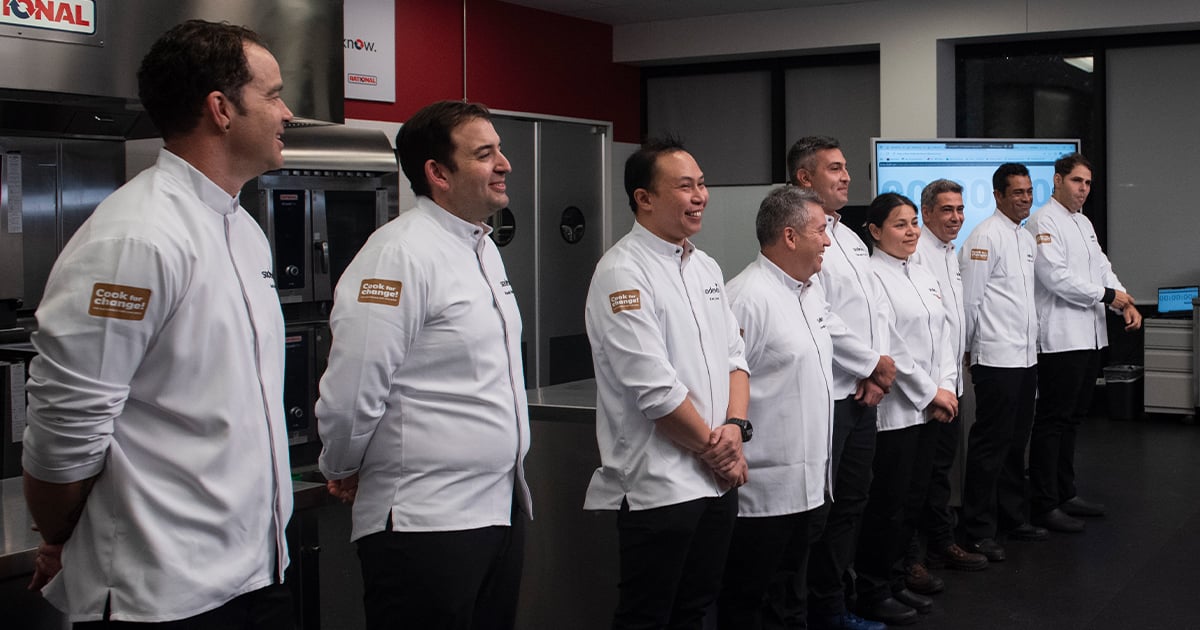
Find the food and facilities solutions that work best for yours.
There’s more than meets the eye when it comes to great food in the workplace — it fuels connection, productivity and satisfaction. From energizing breakfasts to social lunches and quick, on-the-go snacks, this study reveals key opportunities to level-up your workplace dining experiences and keep your people happy and productive.
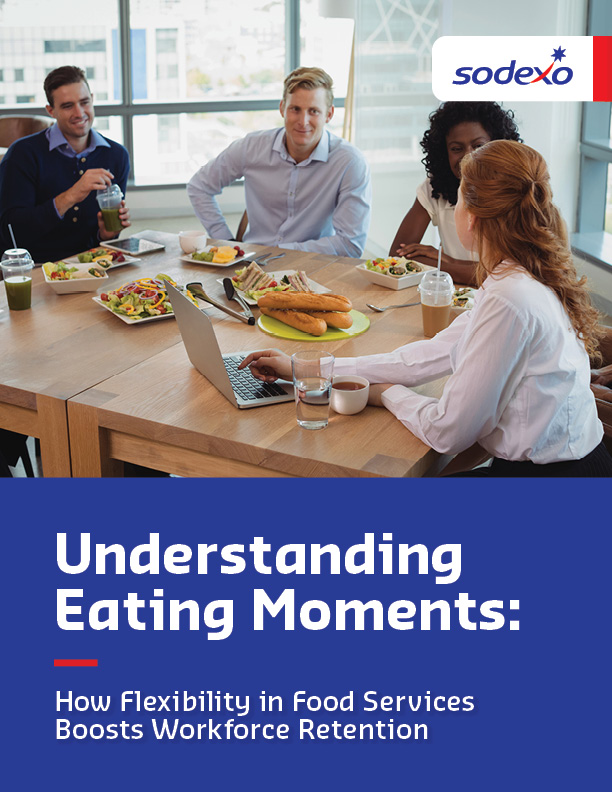
Two North American Chefs Head to London for Cook for Change! Global Finale

The Belonging Effect: How Industry Communities Fuel Careers, Creativity, and Confidence

Amplifying Student Voices to Create Dining Experiences That Build Belonging
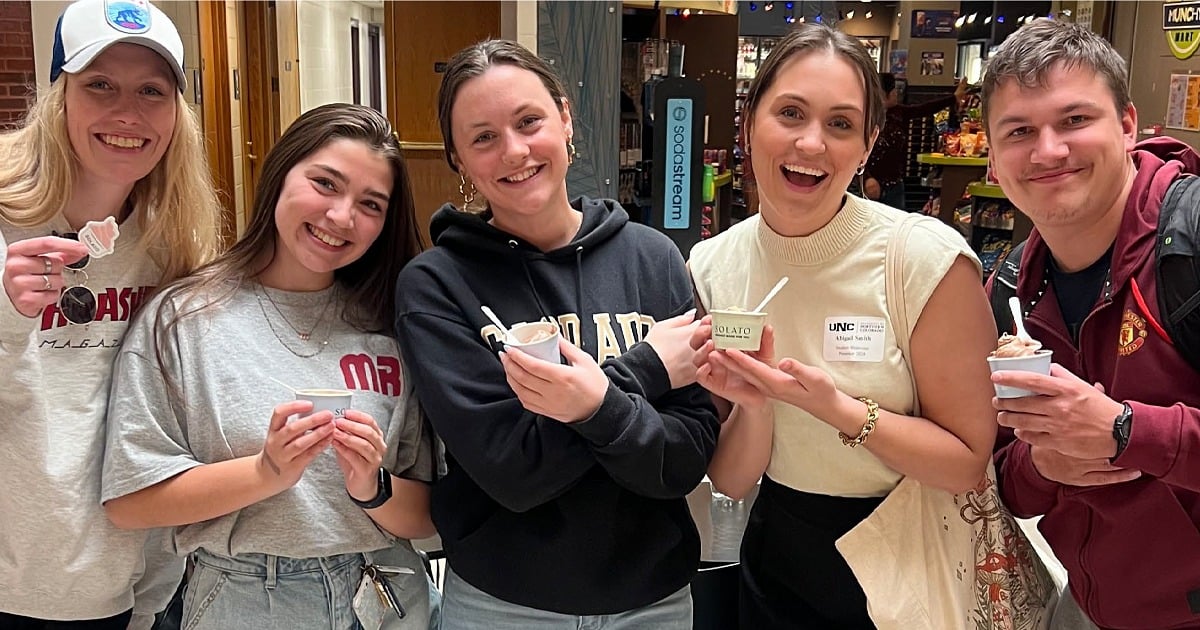
Why Workplace Food Service Should Be About More Than Just Lunch

9 Chefs. One Mission. Who Will Win Cook for Change?
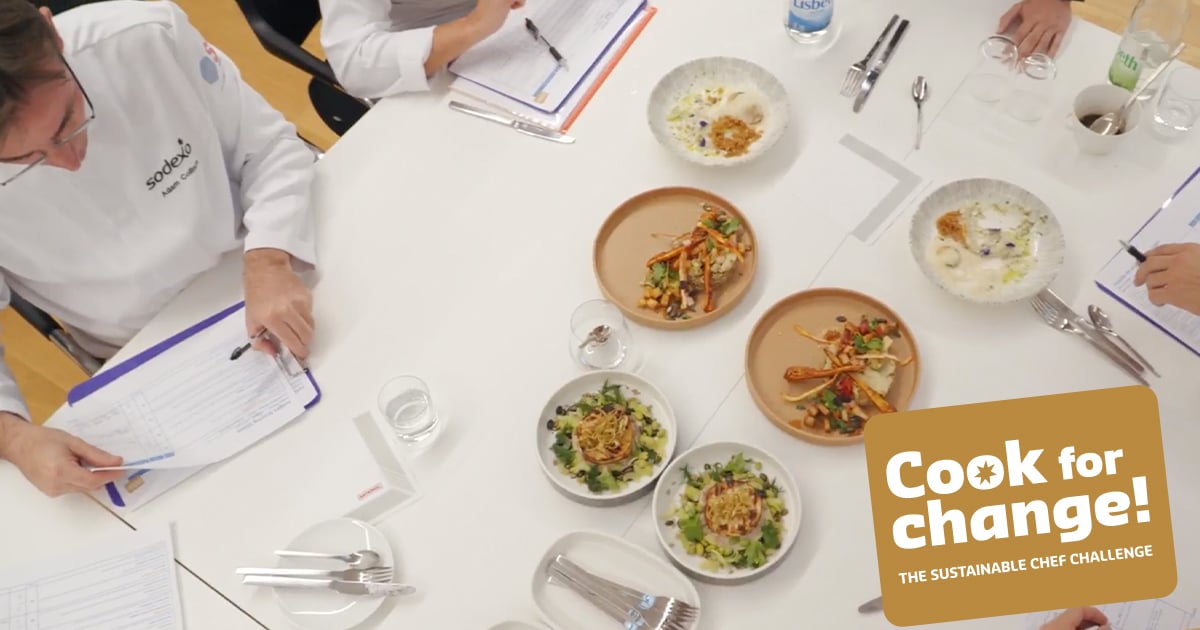
How Today’s Top Food Trends Are Shaping K–12 Student Dining

Unlock What Employees Need Most in Workplace Food Services

Turning Up the Heat: Binghamton’s Culinary Battle Showcases Student-Centered Dining
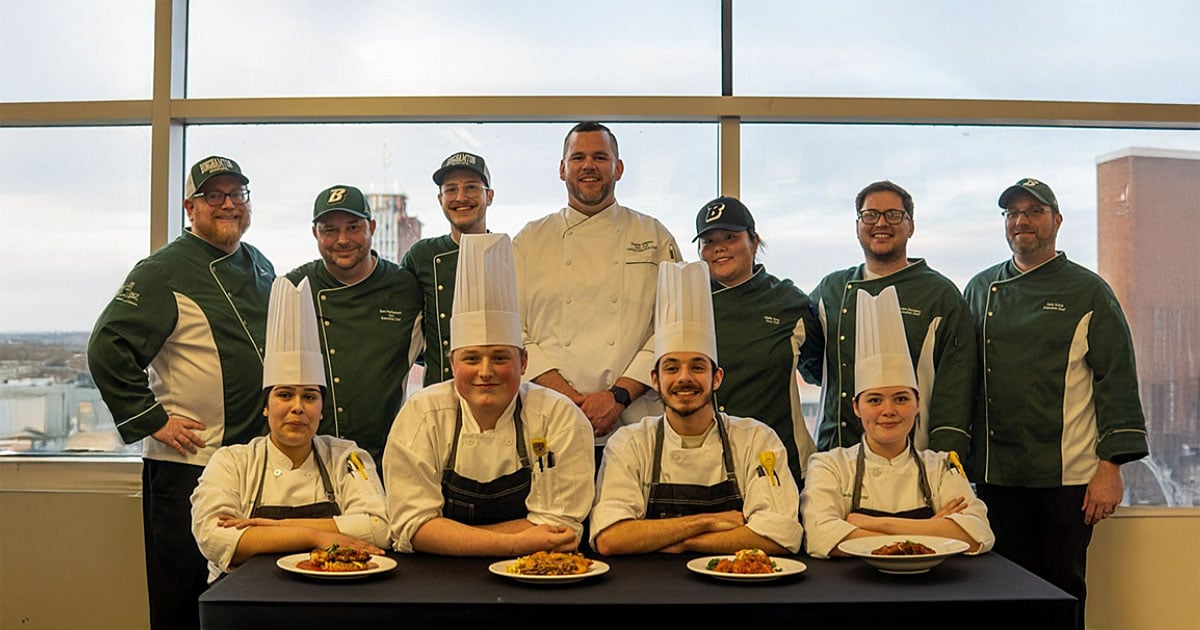
Turning Campus Summers into Opportunities for Revenue
